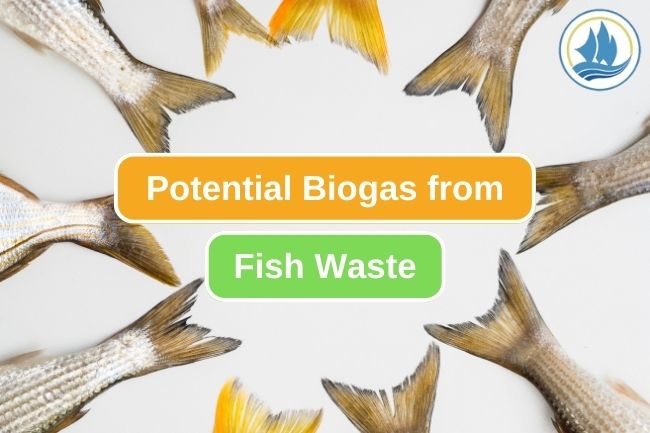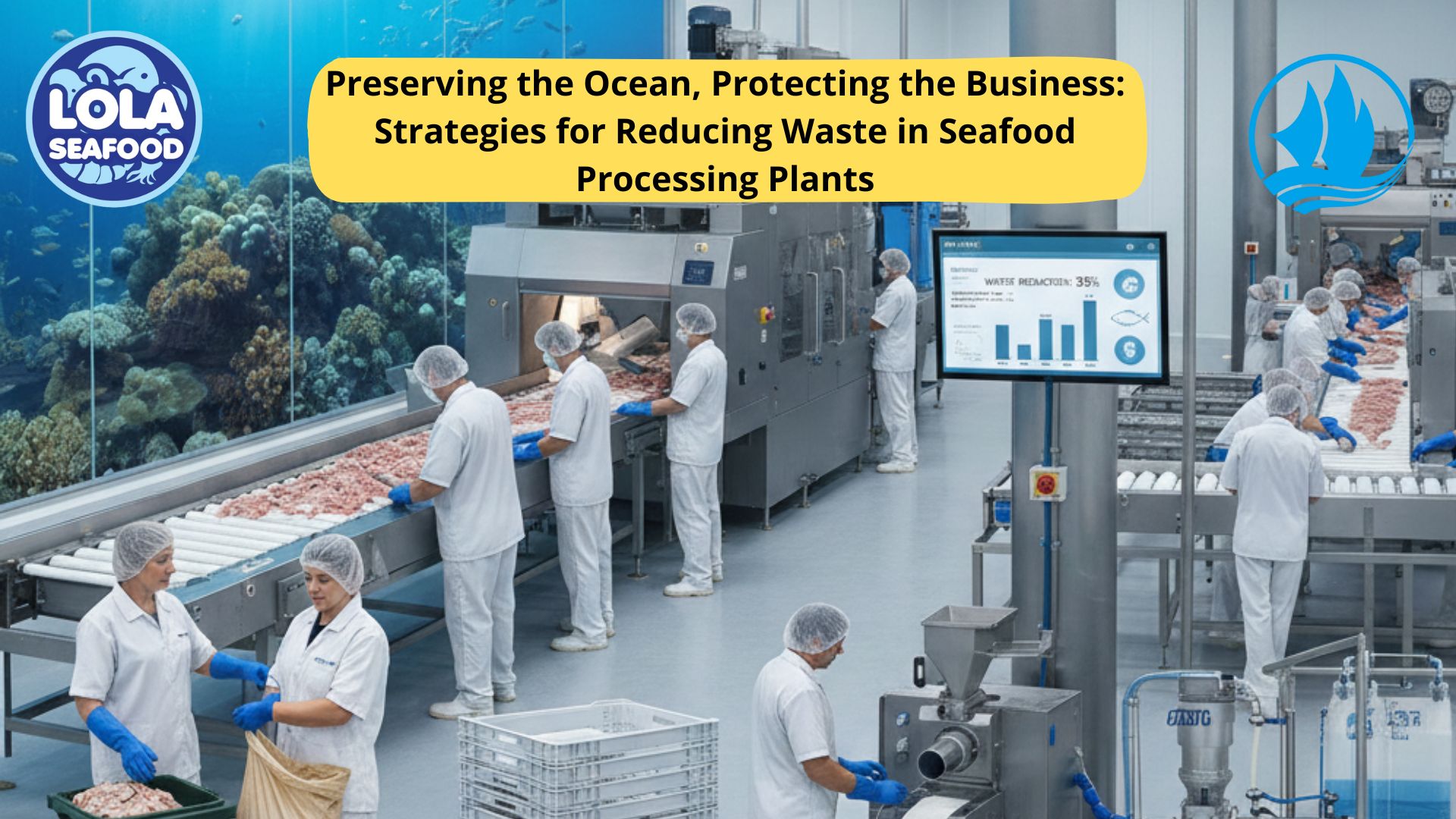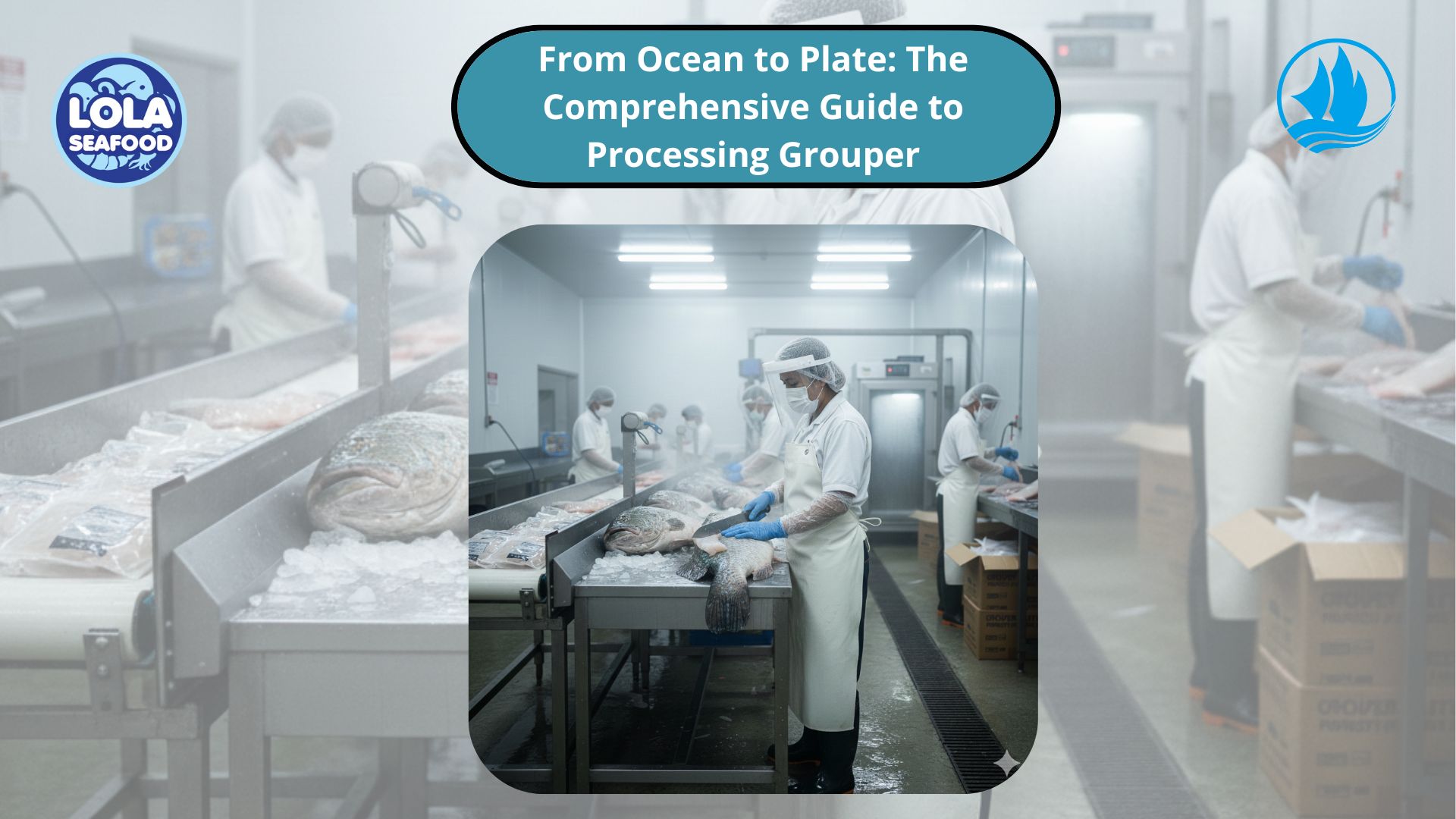Unrevealing Fish Waste Potential as Biogas
By. Nevanda - 05 Jul 2023
kelolalaut.com - In our ongoing quest for sustainable and renewable energy sources, researchers and scientists are exploring various organic waste materials to harness their energy potential. One such overlooked resource is fish waste, a rich source of organic matter that can be transformed into biogas. Fish waste, including fish offal, trimmings, and discarded parts, holds immense promise as a feedstock for biogas production. This article delves into the potential of fish waste as a renewable energy source and its benefits for the environment and the economy.
The global fishing industry generates a substantial amount of waste every year, consisting of fish byproducts and processing residues. These waste materials are often disposed of in landfills or incinerated, leading to environmental concerns and wastage of valuable resources. However, fish waste can be repurposed to extract biogas, a mixture of methane and carbon dioxide that can be used as a renewable fuel.
Read also: 6 Health Benefits You Can Get From Fish Oil
Traditionally, biogas has been generated using various organic materials like agricultural waste, food scraps, and sewage sludge. However, recent research and advancements have explored the potential of fish waste as a promising feedstock for biogas production.
The process of converting fish waste into biogas involves anaerobic digestion, a natural decomposition process that occurs in the absence of oxygen. In this process, fish waste is placed in an airtight container called a digester, where it undergoes microbial degradation. Bacteria break down the organic matter in the waste, producing biogas as a byproduct.
Read also: This is How To Do Lobster Fishing
Fish waste contains high levels of organic compounds, including proteins, lipids, and carbohydrates. These compounds serve as an excellent feedstock for anaerobic bacteria, enabling efficient biogas production. The generated biogas is primarily composed of methane (CH4), which is a potent greenhouse gas when released into the atmosphere. By capturing and utilizing this methane, we can mitigate its impact on climate change.
It can be said that the potential of fish waste as a source of biogas presents a remarkable opportunity to address both environmental and energy challenges. By transforming an environmental burden into a valuable resource, the fishing industry can contribute to a more sustainable future. As global efforts intensify to combat climate change and promote renewable energy sources, the integration of fish waste-to-biogas technology can play a pivotal role in shaping a cleaner and greener world.
Read also: Popular Clams and Mussels in Seafood Cuisine








